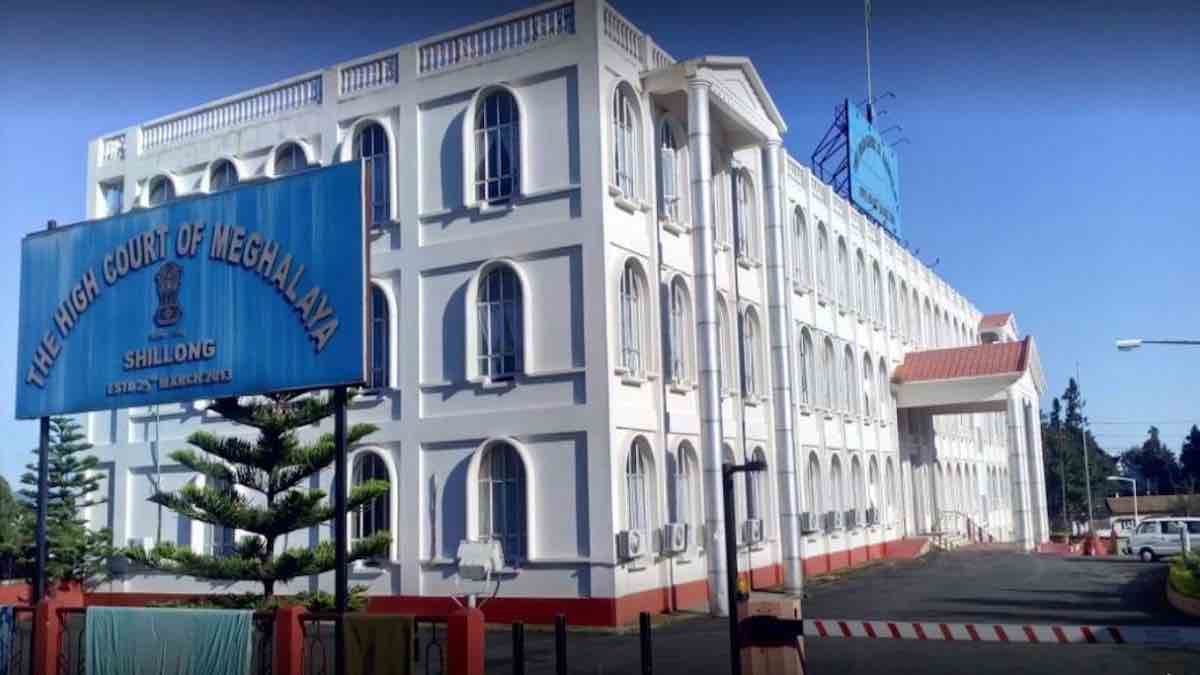The Meghalaya High Court has upheld the conviction of an accused in a rape case involving a minor victim, ruling that the victim’s sole testimony, if found reliable and credible, is sufficient for conviction even without medical corroboration. The judgment was delivered by a division bench comprising Chief Justice S. Vaidyanathan and Justice W. Diengdoh
To Read More Please Subscribe to VIP Membership for Unlimited Access to All the Articles, Download Available Copies of Judgments/Order, Acess to Central/State Bare Acts, Advertisement Free Content, Access to More than 4000 Legal Drafts( Readymade Editable Formats of Suits, Petitions, Writs, Legal Notices, Divorce Petitions, 138 Notices, Bail Applications etc.) in Hindi and English.




